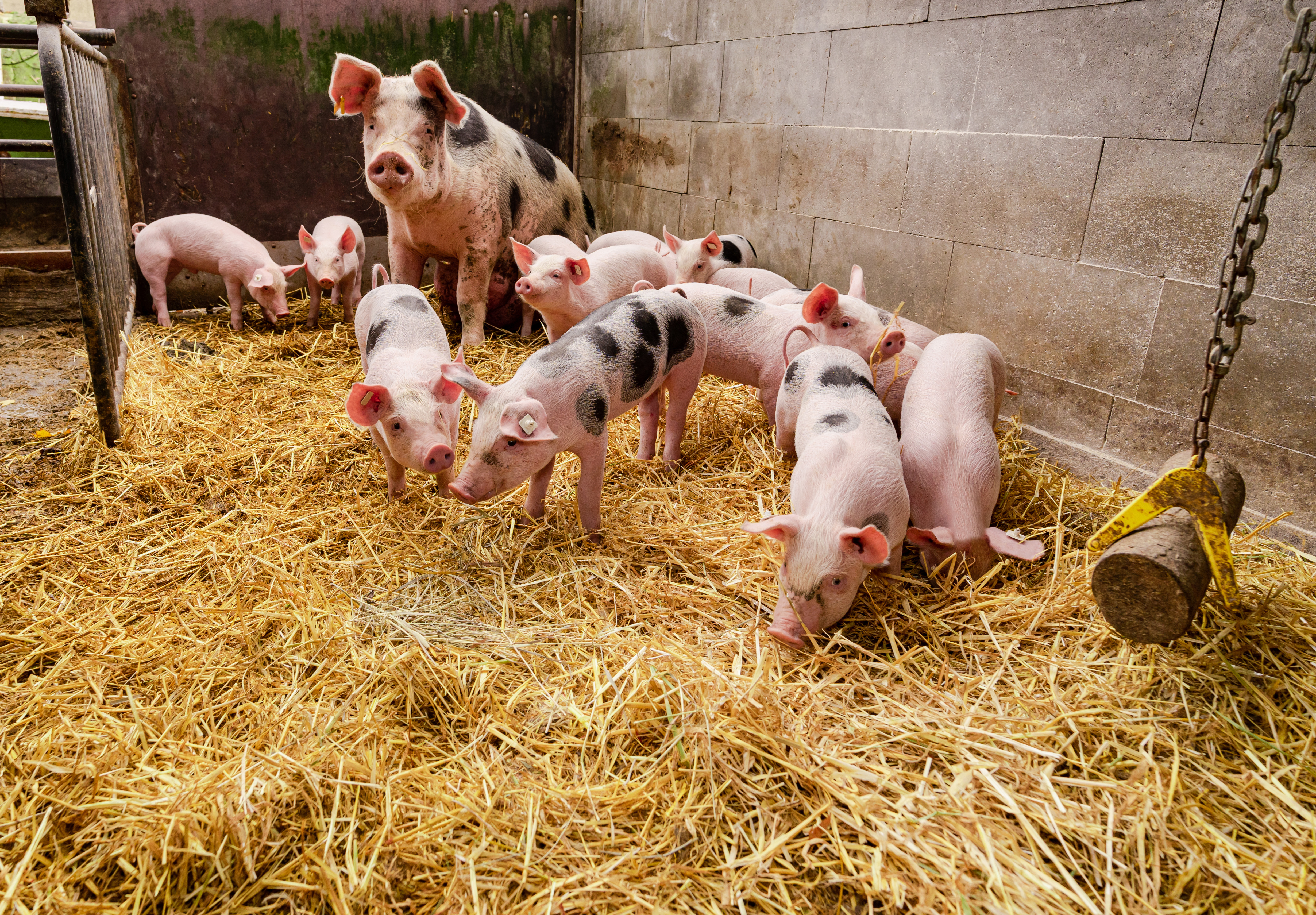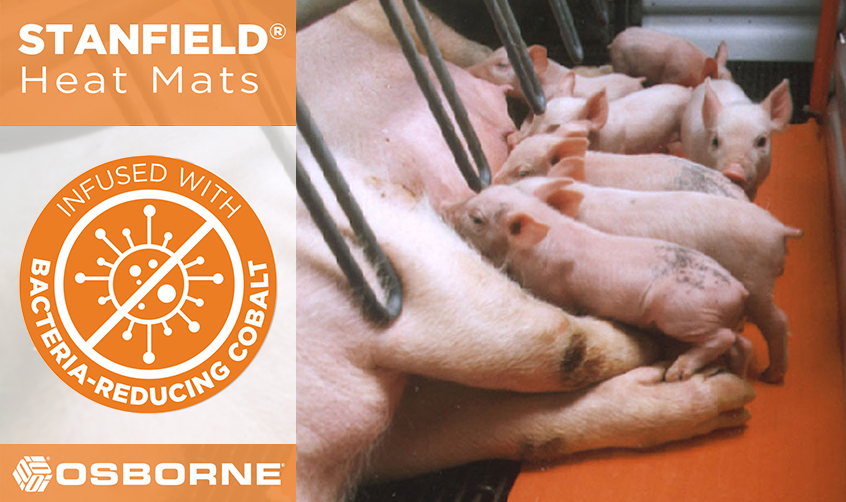



Pig farmers across the world are embracing cage-free systems
A new report authored by World Animal Protection states that pig producers who switched to cage-free farrowing systems are seeing production benefits.Farmers are moving away from caging mother pigs around the world and seeing benefits including fitter, healthier animals with better welfare that produce more milk for their piglets according to the report ‘Farming pigs and future proofing for a crate-free era’ by World Animal Protection.

Other benefits of cage free systems the report found include
- Some farmers noticed that mother pigs experienced fewer leg problems and illness
- Some saw mother pigs showing improved natural mothering skills
- Mother pigs often produced more milk, making the piglets healthier, happier and grow faster
- As birthing is easier many also saw mother pigs with fewer post-birth infections, and less antibiotic use, which helps reduce the impact of pig farming on antimicrobial resistance
- Farmers also noticed mother pigs responding better to their human carers too as they can turn around and approach them for a "nice" scratch behind the ears
200,000 mother pigs are farrow in cages on UK farms, unable to teach their young how to socialise with other pigs and encourage them to try and eat solid foods. They are also unable to build nests or make themselves comfortable in these systems.
Shoppers are concerned with 65% of those polled in the UK saying they would probably not, or definitely not, buy pork from supermarkets supplying pork from these systems.
Lindsay Duncan, World Animal Protection farming campaigns manager said, “Ending the cage age is not only better for farm animals it also helps farmers, with mother pigs in cage free systems having fewer illnesses and producing healthier faster growing piglets. It is great to see the farming trend shifting towards cage free and we are calling on the UK government to follow suit and ban cages for mother pigs.”
Countries such as Sweden, Norway and Switzerland have banned cages for mother pigs. Germany has announced cages are to be restricted to 5 days after birth from 2035, Austria will restrict cages to the "critical period" after birthing by 2033 and New Zealand will soon announce new restrictions on cages to be in place by 2025.
These restrictions followed debates on the legality of cages in reference to animal welfare laws in each country. With strong laws protecting animals in the UK (Animal Welfare Act 2006) and now in Denmark (Animal Welfare Act 2021) – similar restrictions will be necessary to comply.
Cages were introduced in the 1960s to restrict the movement of mother pigs and stop them crushing their piglets. Cages are also easy to clean and protect workers from protective animals. However, farms can reduce crushing with increased experience of managing cage free environments, selecting the right breed of pigs with good mothering skills and using the best system.
World Animal Protection is calling for governments, around the world, to end the cage age and bring in cage free systems.










